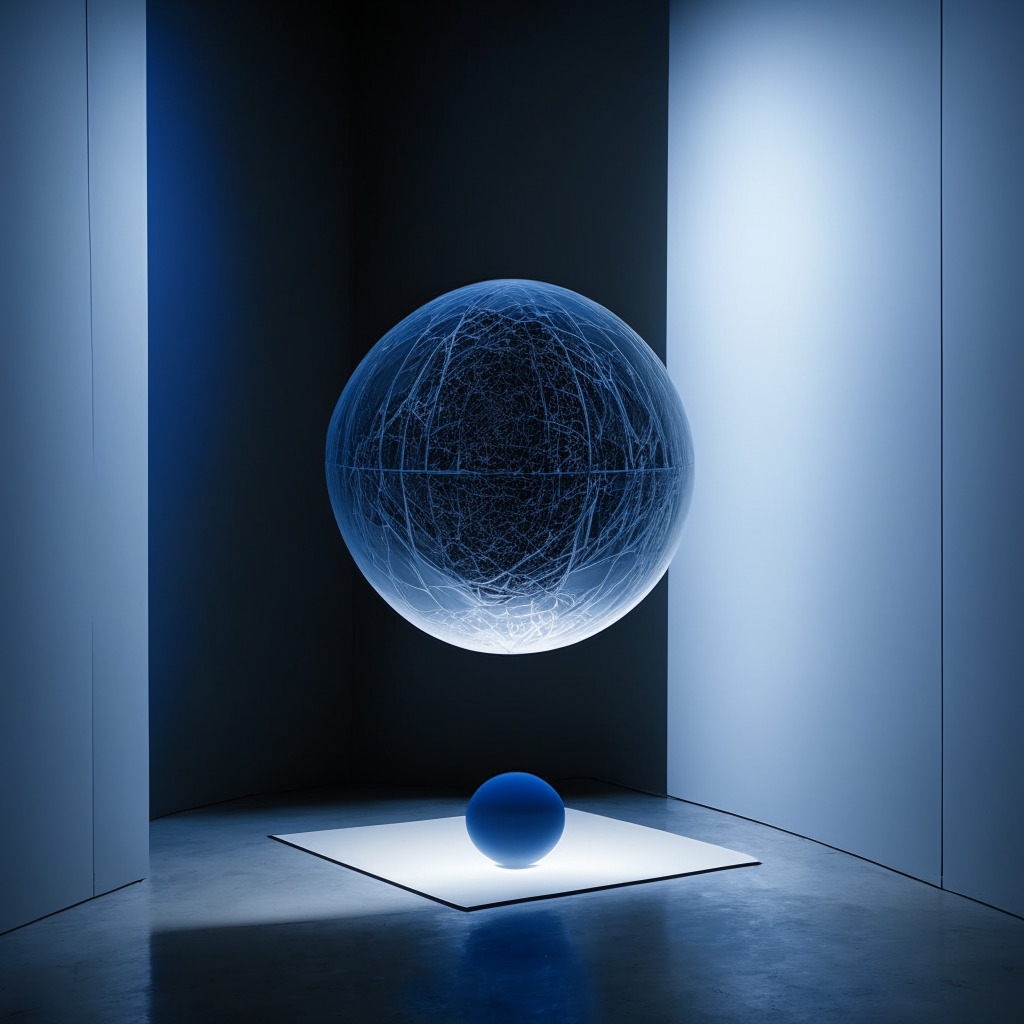In a remarkable policy shift, Google has adapted its previously human-oriented content creation guideline, granting a green light for content developed by artificial intelligence (AI). The tech giant updated its helpful content system’s description on Sept. 16, opting to stress the importance of an “original, helpful content created for people” instead of specifically highlighting human-authored works.
Before this change, Google’s ranking system preferred sites with human authors, considering this a hallmark of high quality. Its attempt was to discern between potentially AI-generated content and those produced by human beings. The emphasis on human-written content was echoed in its previous helpful content system’s description. However, an eagle-eyed audience noted the change in language, signaling an acceptance of potential AI-produced content.
The change was later confirmed by a Google spokesperson who stated the revision aimed to align Google’s definition with its views on allowing AI in content generation on Search. According to Google, whether the content was human or AI-generated isn’t of concern, as long as it doesn’t violate their spam policies or is produced with the sole aim of ranking.
However, the shift prompts several compelling questions: How does Google define quality content? How can readers identify the difference between a human and machine-produced work, or do they even care? These issues bring the reliability of web-based knowledge into focus, giving nudges to skeptics worldwide.
Quality, according to Google, is gauged through several factors. These include article length, grammar and language proficiency, image inclusion, and content frequency. Yet the company falls short of fact-checking or evaluating the accuracy of the material.
AI software, like ChatGPT, has proven its ability to generate convincing pieces, albeit devoid of factual accuracy. This was sharply brought into focus, when a U.S-based law firm was penalized for filing a lawsuit based on AI-fabricated references.
So, how can an average reader verify the accuracy and authenticity of AI-produced content? Tools do exist, but their workings and accuracy levels remain a mystery. Furthermore, not all users are inclined to fact-check every piece of information they obtain, especially when the lines between human and AI-created content are increasingly blurred.
Mike Bainbridge, a web verifiability and legitimacy investigator, expressed astonishment at the policy change, forewarning of a deluge of unchecked and unsourced information permeating the internet.
Whether this is a step towards progress or a departure from the fundamental control of truth, might hinge on an individual’s perspective. As for now, it appears we are embarking on a journey where the differentiation between human and machine-produced content melds into one.
Google has yet to comment on this regard at the time of this write-up.
Source: Cointelegraph




